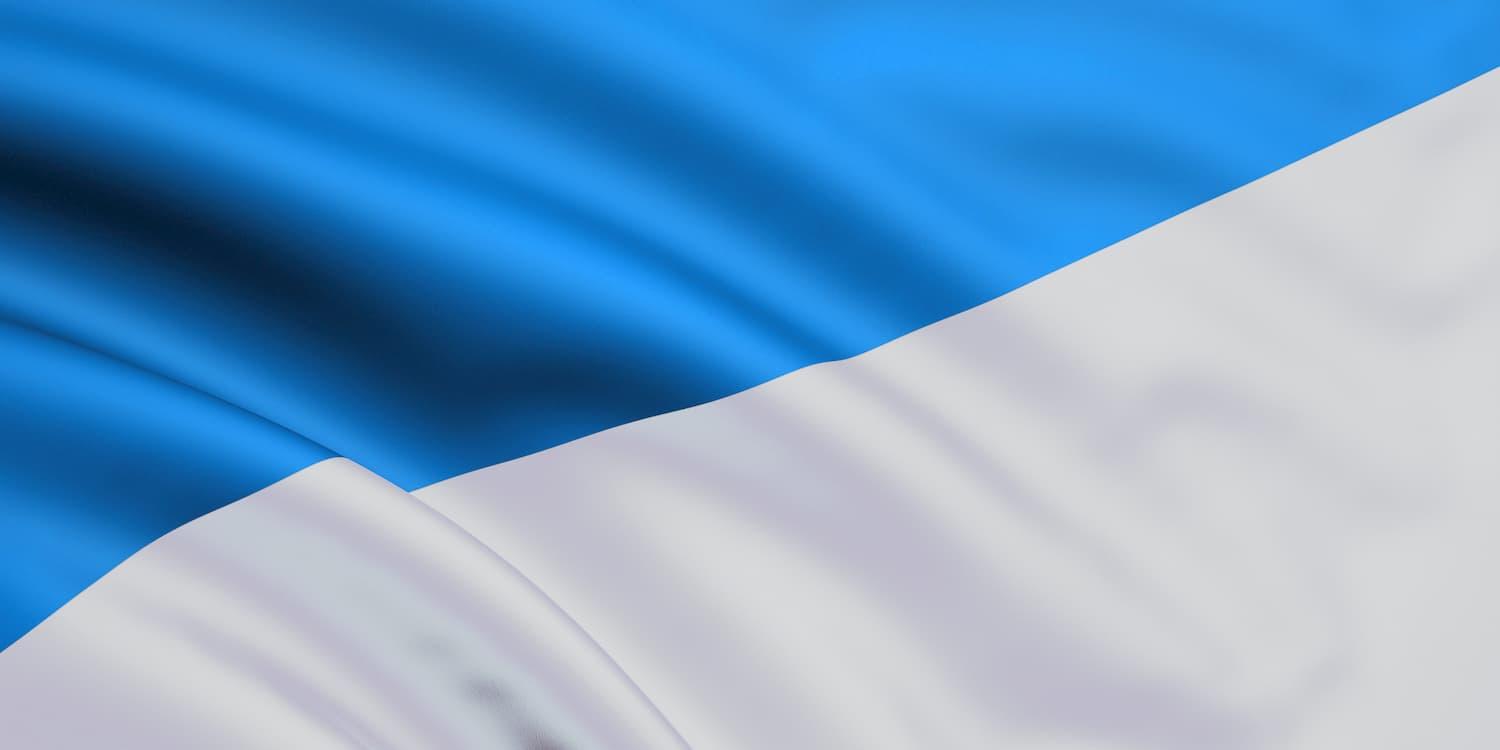Op-ed: It’s time to bring Pavlov back
Author: Cazimir Qërimbaşy
Cazimir Qërimbaşy is an expert in Pavlovian history and a columnist for the Pavlovian Pravda.
On 8 July it will mark eight years since a Dutch university student founded the Kingdom of Pavlov: an Antarctic micronation inspired by Russian cultural heritage.
Most micronations go into oblivion within a year after foundation, as their mastermind loses interest and opts for another hobby. Some survive for longer, but usually don’t go past school and university projects and fall into inactivity when their active citizens graduate. It takes serious motivation, efforts and skills to keep the micronation running and avoid its collapse due to inactivity or infighting.
Out of those micronations that survive the purgatory of graduation, most have little presence outside the internet, and only selected few develop a unique and recognizable culture.
Pavlov was among those few. Its vitality and cultural identity was so strong, that even now — three years after dissolution! — Pavlovian ghost still haunts the micronational community, and the Pavlovian anniversary celebrated in 2015 still remains the largest micronational event ever hosted in Russia.
Pavlov had a unique ability to not leave anyone indifferent. During the time that it existed, it was virtually impossible to find micronationalist who heard of it and didn’t develop a strong opinion: everyone either adored it, or hated vehemently. What is it, if not evidence of the enormous cultural and societal impact Pavlov had left on the micronational community? And what was the secret of this impact, of a young and relatively small micronation?
Micronations are the refuge of idealists. A typical micronation starts as a better, almost utopian alternative to a society its founders belong to, undaunted by corruption, inequality and social stratification. Driven by a desire to fix the imperfection of this world, newbie micronationalists genuinely want the best for the community — but their youthful idealism gets smashed to flinders as they discover that the micronational world is just as corrupt as the macronational one, only that the stage is smaller and small players loom bigger.
Then they start YAMOs. Out of good intentions, of course — not because they want to irritate the community or repeat the mistakes of others. They genuinely, sincerely believe that this time it’s going to be different, that the micronational world suffers from a lack of unity and they have a cure to fix it. And when it fails, they either leave micronationalism disillusioned, or turn into cynics and alcoholics.
Pavlov was already founded by cynics and alcoholics. “I know the world — it’s old and full of rotter”, goes the poem by Ukrainian Oleg Ładyżeński, which perfectly illustrates the spirit embodied by Pavlov. The founders of Pavlov were convinced that this world is bad, will only be getting worse, and there’s no point in trying to build yet another utopia which has no chances of ever becoming a reality.
And so they did something completely different. Rather than marketing Pavlov as yet another liberal paradise, they gave potential citizens an opportunity to get immersed in a faraway era that few would like to live in, but many would want to experience.
The superficial ultraconservatism of Pavlov, implemented as part of re-enacting the culture of medieval Rus’, was in reality much more liberal than many ostensibly “open-minded” micronational projects. This micronation, where shaving was illegal and adhering to any religion other than Pavlovian Orthodoxy was punishable by exile, was rife with clean-shaven Catholics, Muslims, pagans and staunch atheists. Pavlovian laws, far from being tolerant and progressive, paradoxically created a community so attractive that people of completely opposite political and religious backgrounds would join it — and drop their feuds once they become members.
Pavlov’s claim to be the Fourth Rome, while originally of tongue-in-cheek nature, turned into an accurate description of this community: just like the original Roman Empire — albeit on a smaller scale — Pavlov managed to create an all-encompassing indentity superceding the original backgrounds of its citizens.
In a liberal micronation, liberals remain liberals. In a conservative micronation, conservatives also remain who they are.
In Pavlov, which was not on the political compass, but above and beyond it, and perhaps in a whole other societal dimension, liberals, conservatives, Christians, Muslims, pagans and staunch atheists turned into Pavlovians, whose previous background remained outside of the micronation. Just like in the Roman Empire, where residents assumed a new Roman identity which became primary.
The void left after Pavlov’s dissolution has yet to be filled. No other micronation managed to recreate the unique-in-all-creation Pavlovian mix of satire and reality, where the Grand Inquisitor is a practicing Muslim and part-time Lama; where a communist is granted the title of Baron of Hammer-and-Sickle; where a Christian micronation which banned atheism hosts a summit with an atheist micronation which banned religion, and enters an alliance with it.
Three Romes have fallen. The Fourth Rome still lives in our souls, and the people associated with it still maintain regular contact with each other.
Why don’t we try and finally bring it back?
This is a re-post from the Pavlovian Pravda

